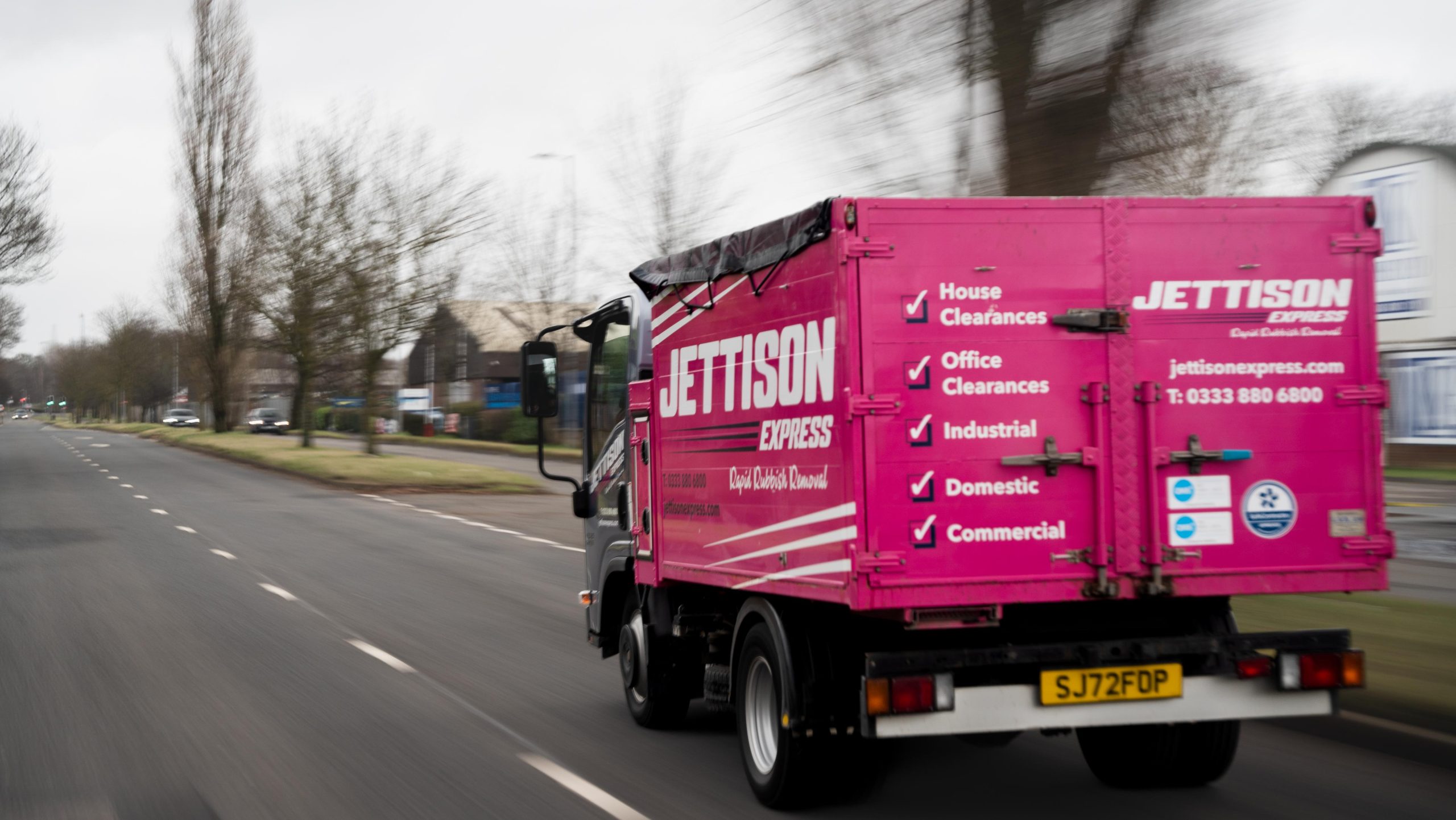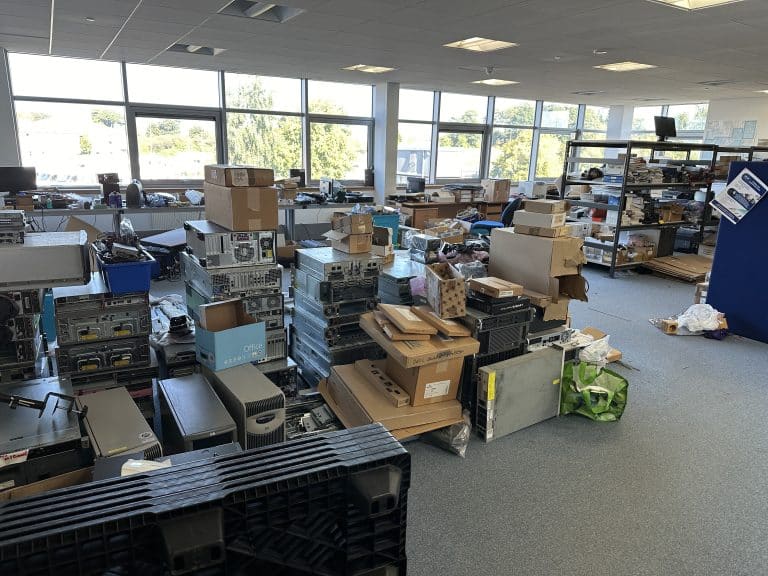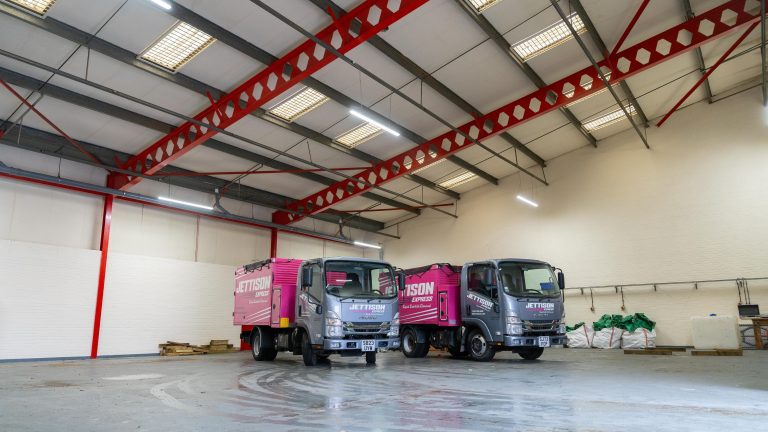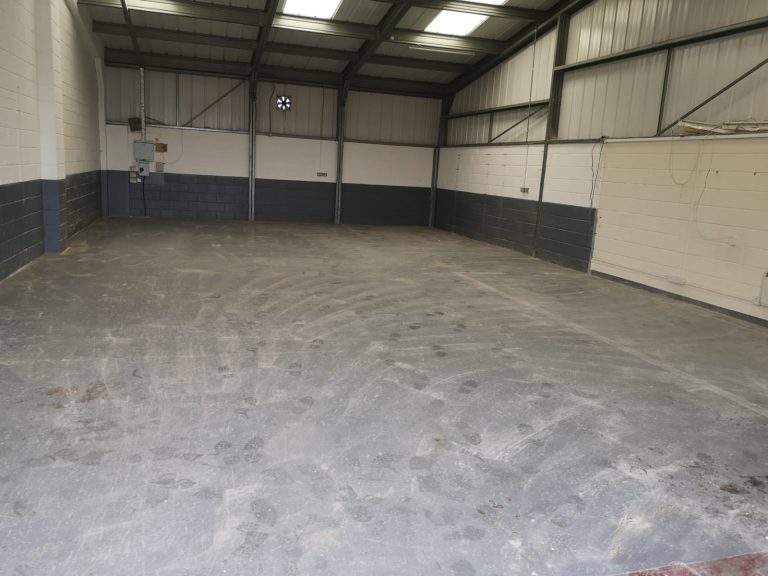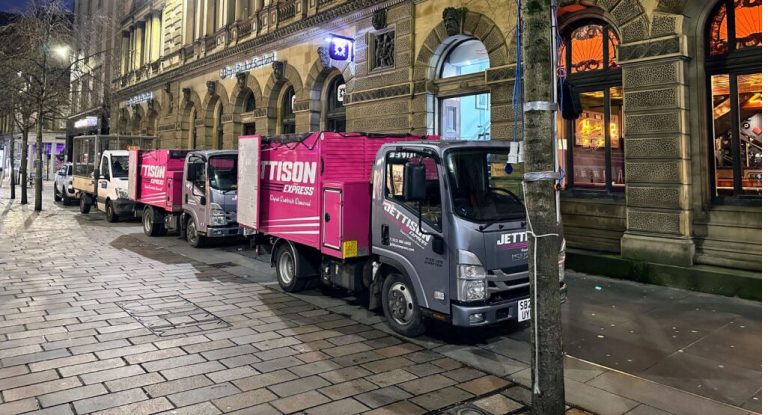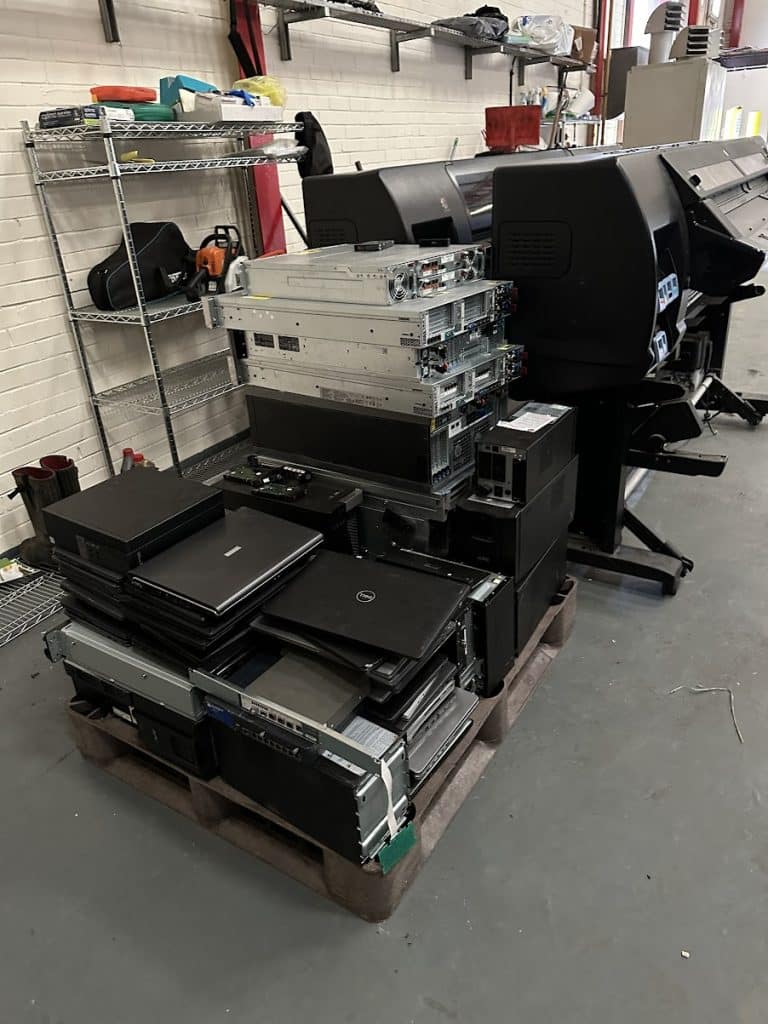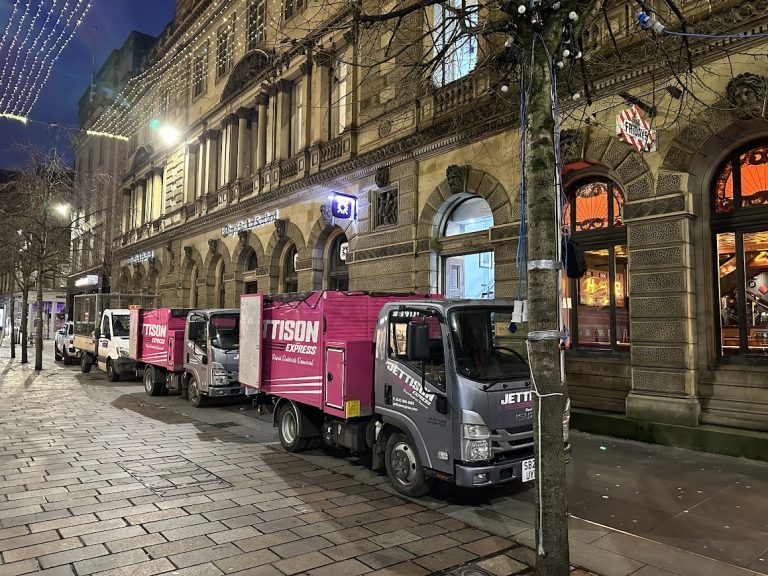The Future of Waste Management: Trends and Innovations in Waste Management Technology
In the world of waste management, staying ahead of technological advancements isn’t just beneficial—it’s essential for sustainable waste management and reduction. With the growing global population and the mounting pressures of environmental sustainability, the industry is compelled to innovate. Today, we’re exploring some of the most promising trends and innovations in waste management technology and highlighting the impactful contributions of Jettison Commercial Clearances, a leader in commercial waste management services in Scotland.
Embracing Automation and Robotics
One of the most significant shifts in waste management is the integration of automation and robotics, which facilitates more efficient waste collection and sorting processes. These technologies streamline operations and improve the efficiency of sorting recyclable materials from waste streams, demonstrating the importance of effective waste management systems in achieving waste reduction goals. Automated sorting systems utilise sensors and mechanical separators to sort and process waste at a much faster rate than humanly possible, enhancing the efficiency of waste collection and waste management practices. For businesses like Jettison Commercial Clearances, this means being able to handle larger volumes of waste with greater precision, ensuring that more materials are recycled properly and less are sent to landfills.
Biodegradable Materials: A Sustainable Alternative
The development and use of biodegradable materials have taken center stage in the fight against plastic waste, representing a significant advancement in sustainable waste management by reducing the volume of solid waste. Bioplastics, made from natural materials like corn starch and sugarcane, decompose naturally and reduce our reliance on petroleum-based plastics. Jettison Commercial Clearances champions the use of such innovative materials in their operations, particularly in packaging and disposables used within the commercial sectors they service, including offices and retail spaces.
Artificial Intelligence and the Internet of Things (IoT)
Artificial Intelligence (AI) and the Internet of Things (IoT) are revolutionizing waste management by enabling smarter and more connected systems, thereby enhancing waste collection, sorting, and overall sustainable waste management practices. IoT devices collect data on waste generation and disposal patterns, allowing companies to optimise their collection routes and reduce operational costs, contributing to more effective waste management and reduction. AI algorithms predict waste generation trends and suggest ways to minimize waste production. At Jettison Commercial Clearances, these technologies support their mission to provide tailored waste management solutions that not only meet but anticipate client needs, ensuring sustainable waste management and reduction.
Advanced Recycling Technologies In The Waste Management Industry
As recycling challenges grow, especially with complex materials like electronics and certain plastics, advanced recycling technologies become more crucial than ever to reduce waste and improve the sustainability of waste management systems. Innovations such as chemical recycling break down plastics at a molecular level, allowing them to be recreated as new products without degradation of quality, thus supporting sustainable waste management by reducing the need for new raw materials. Jettison’s commitment to secure shredding and the destruction of IT equipment aligns with these advancements, ensuring that all components are responsibly recycled and that data privacy is maintained. Their services contribute to effective waste management and sustainable waste practices by minimising solid waste and promoting recycling.
Energy Recovery And Smart Waste Management: Turning Waste into Energy For A Circular Economy
Energy recovery is a key component of reducing waste’s environmental impact and is central to sustainable waste management practices. Technologies that convert waste into energy, such as anaerobic digestion and plasma gasification, are gaining traction as part of effective waste management practices focusing on waste reduction and sustainability. These methods not only help manage waste but also produce energy in the form of electricity or heat, promoting sustainable waste management by converting waste into valuable resources. Jettison Commercial Clearances explores these options to ensure that the waste they collect can be transformed into a resource, thus supporting a circular economy.
Jettison Commercial Clearances: A Leader in Innovation and the Future of Waste Management
At Jettison Commercial Clearances, the future of waste management is not just about adopting new technologies; it’s about creating a culture of sustainability that permeates every aspect of their operations. Serving areas from Glasgow to Dundee, and handling everything from office clearances to secure data destruction, Jettison is more than just a waste management company—they are a vital partner in their clients’ sustainability efforts.
As we look towards a more sustainable future, the role of innovative waste management companies like Jettison in promoting sustainable waste management and effective waste reduction cannot be understated. With a focus on technology, customer service, and environmental responsibility, they are setting new standards in the industry and helping shape a world where waste is a resource, not a problem.

